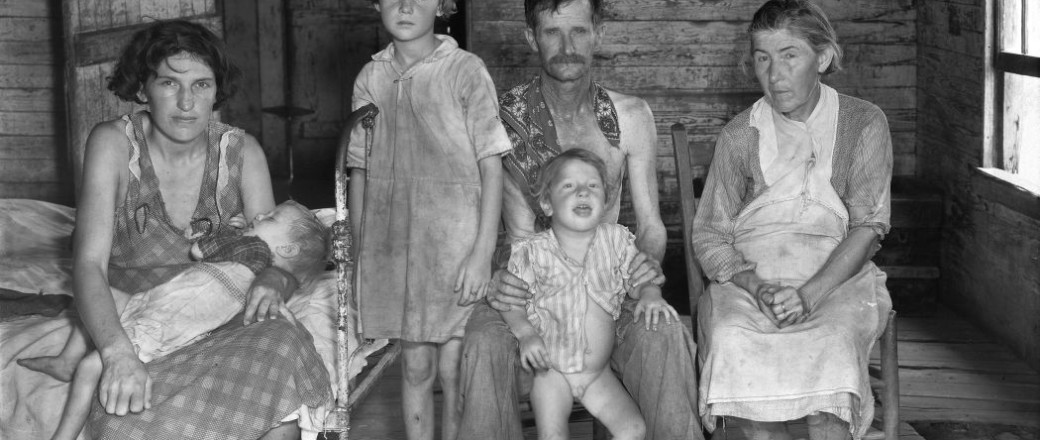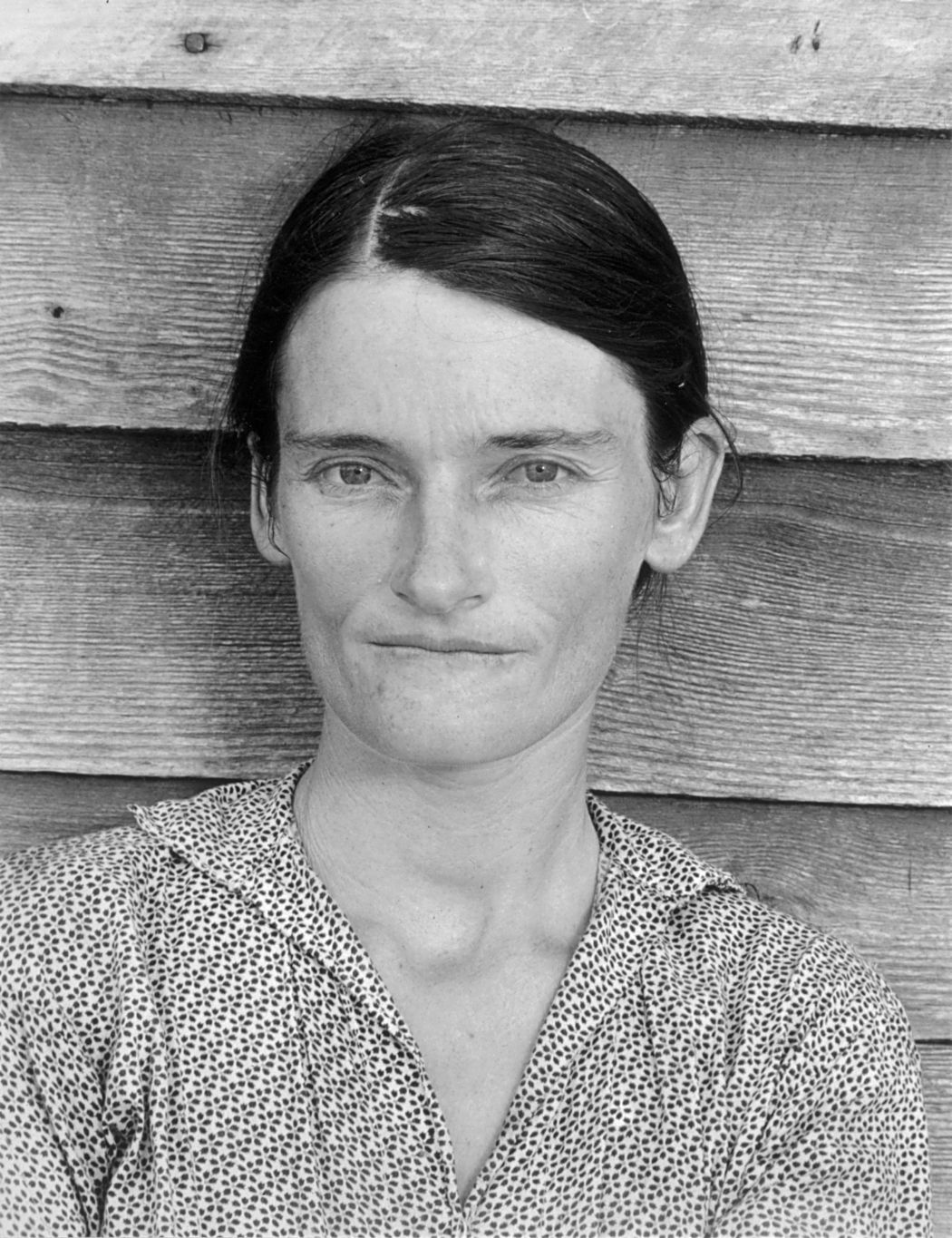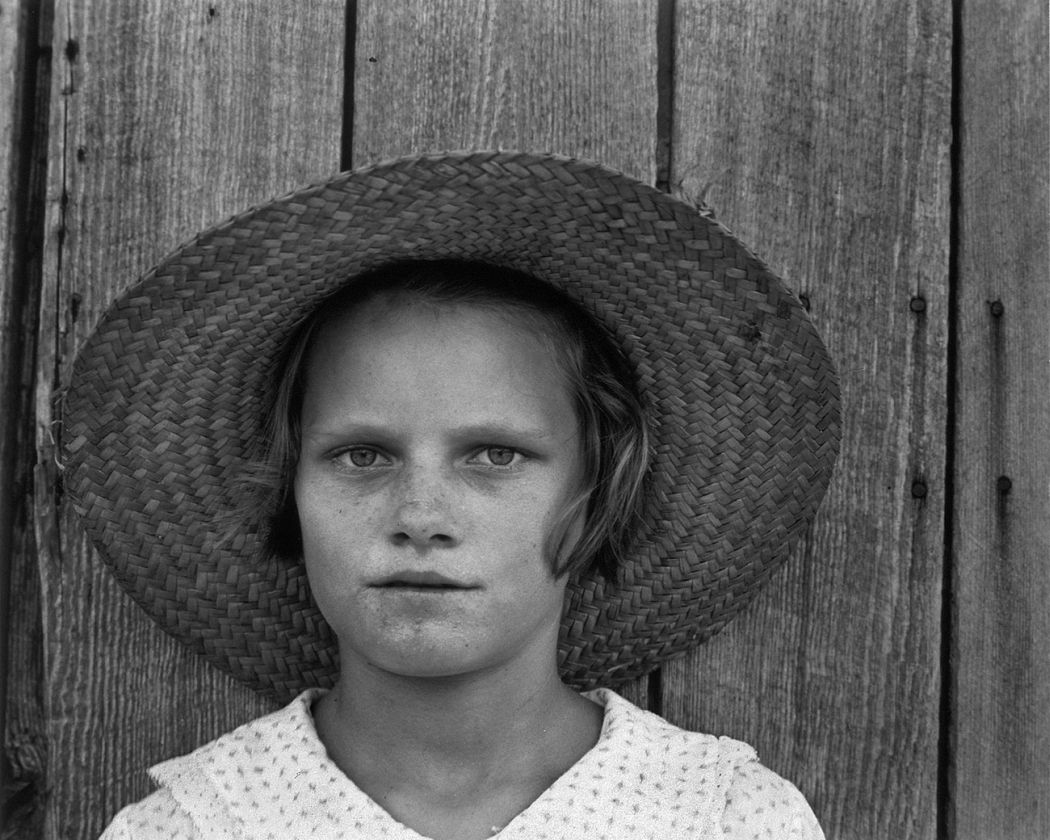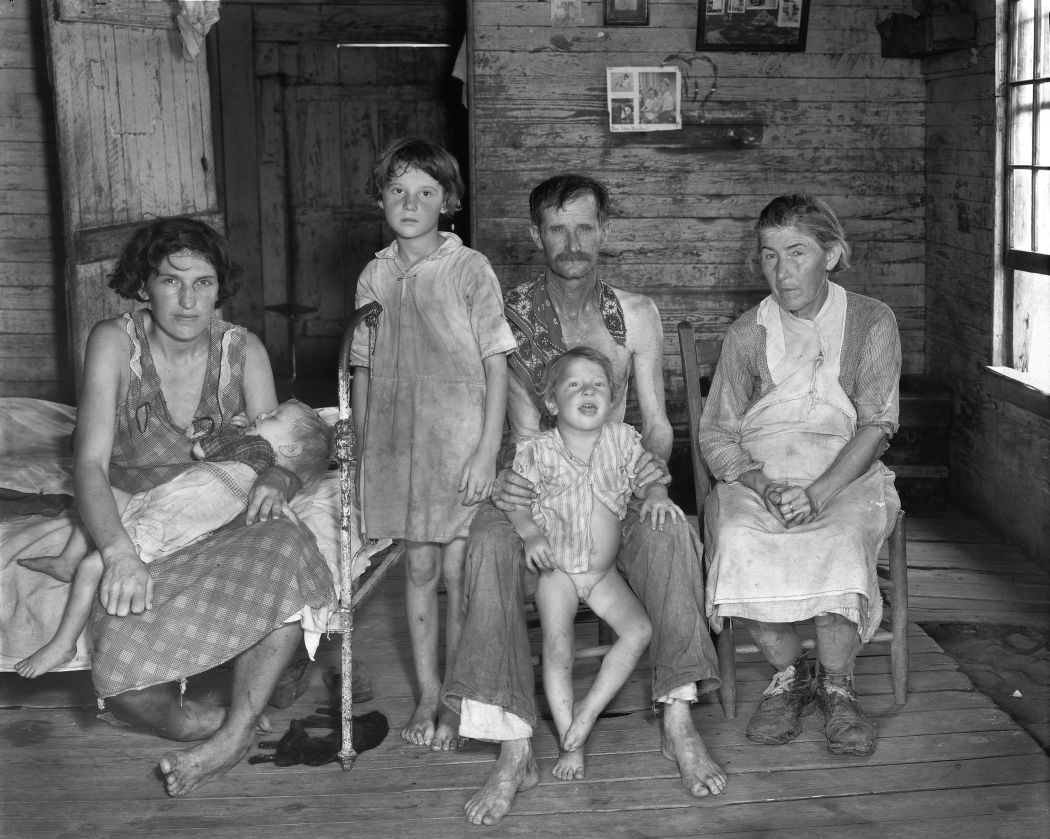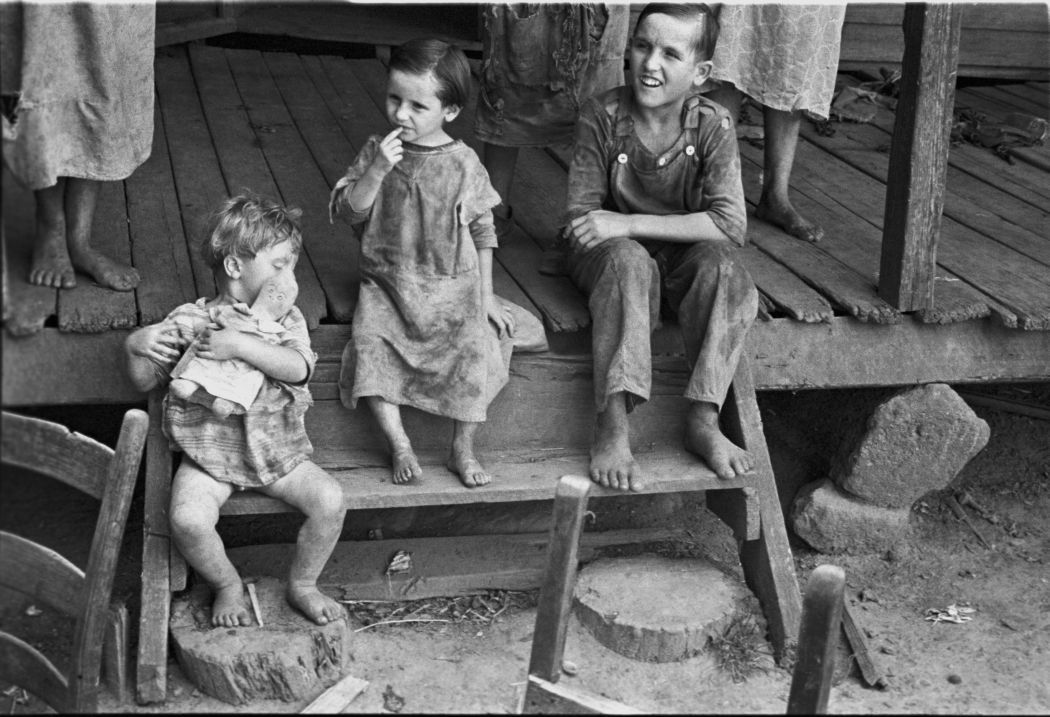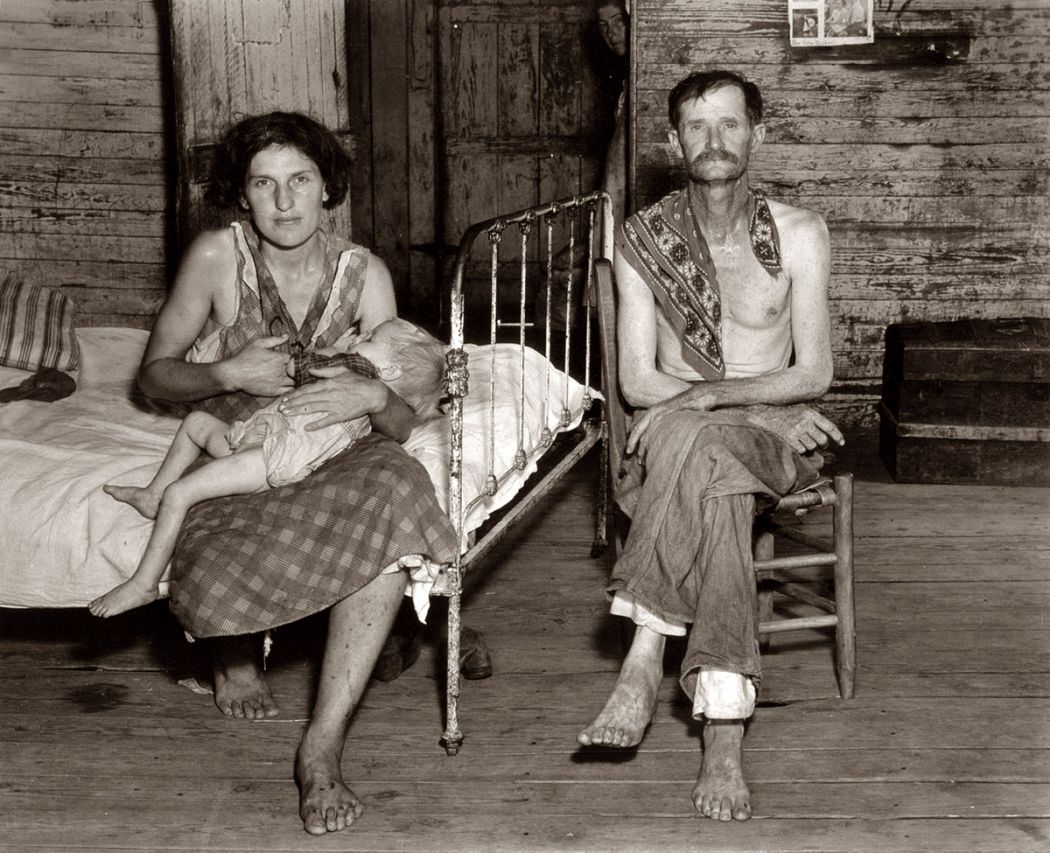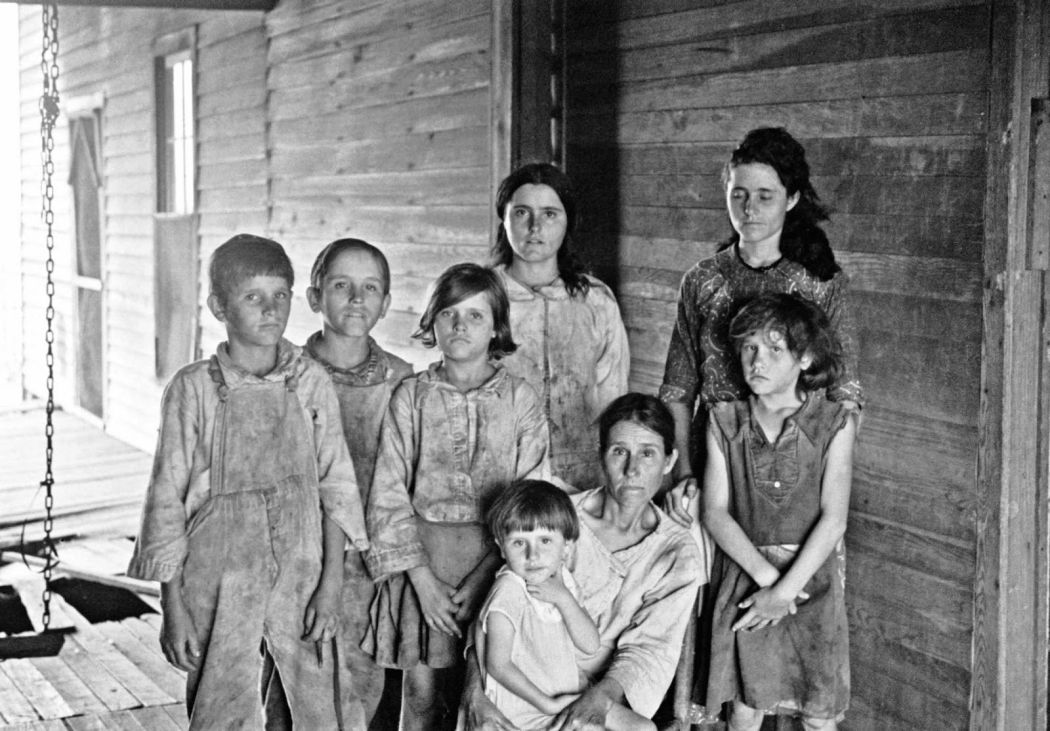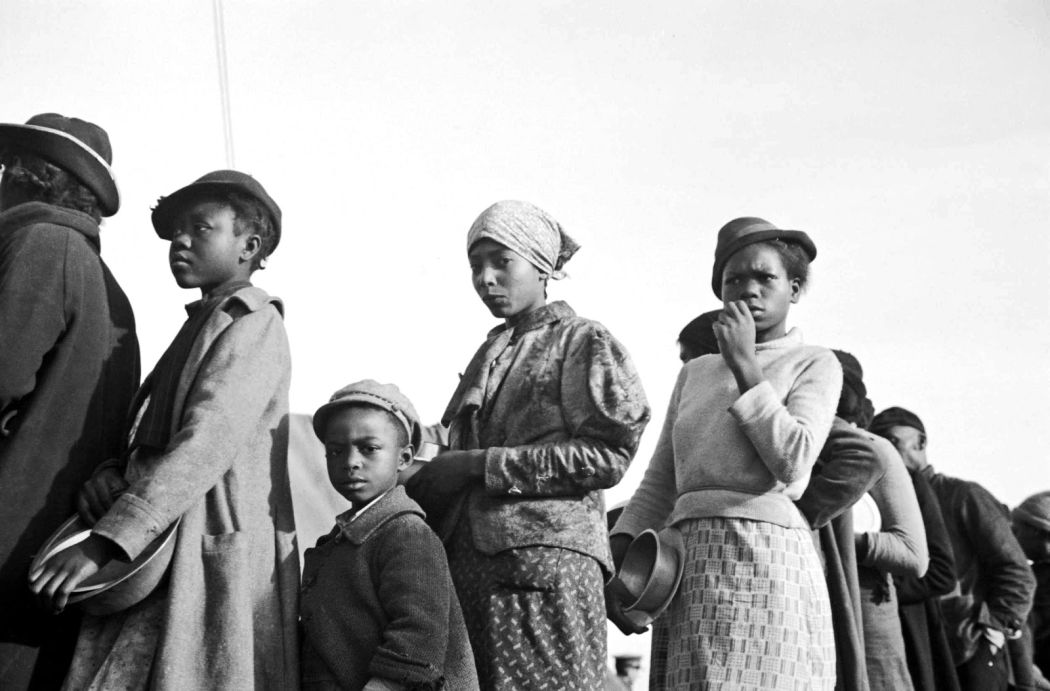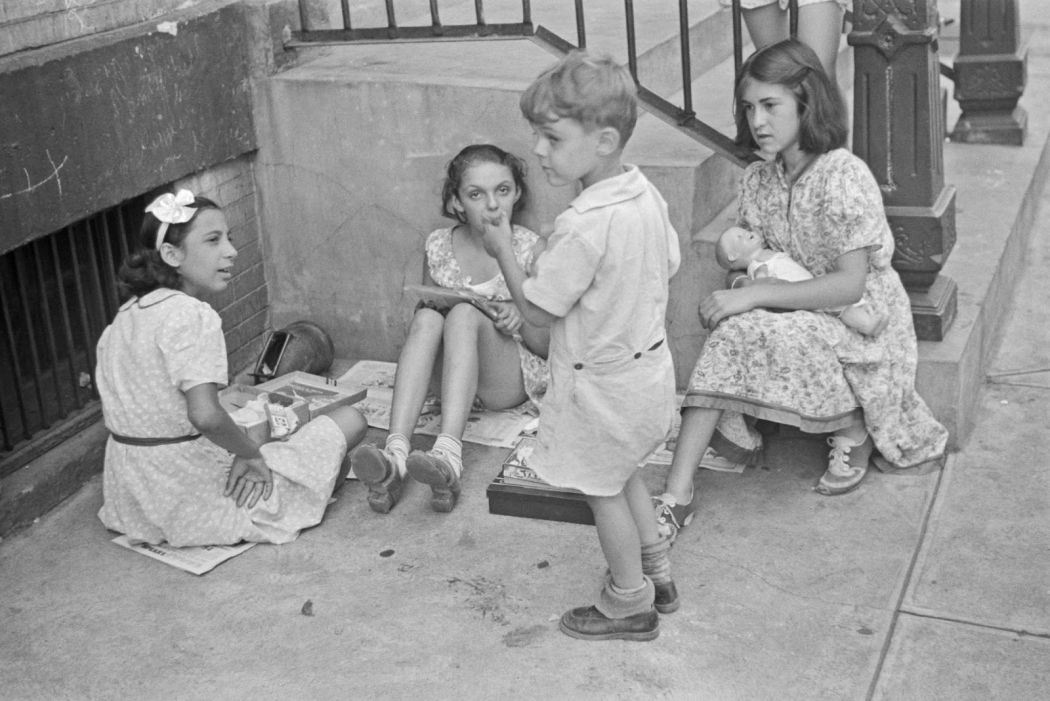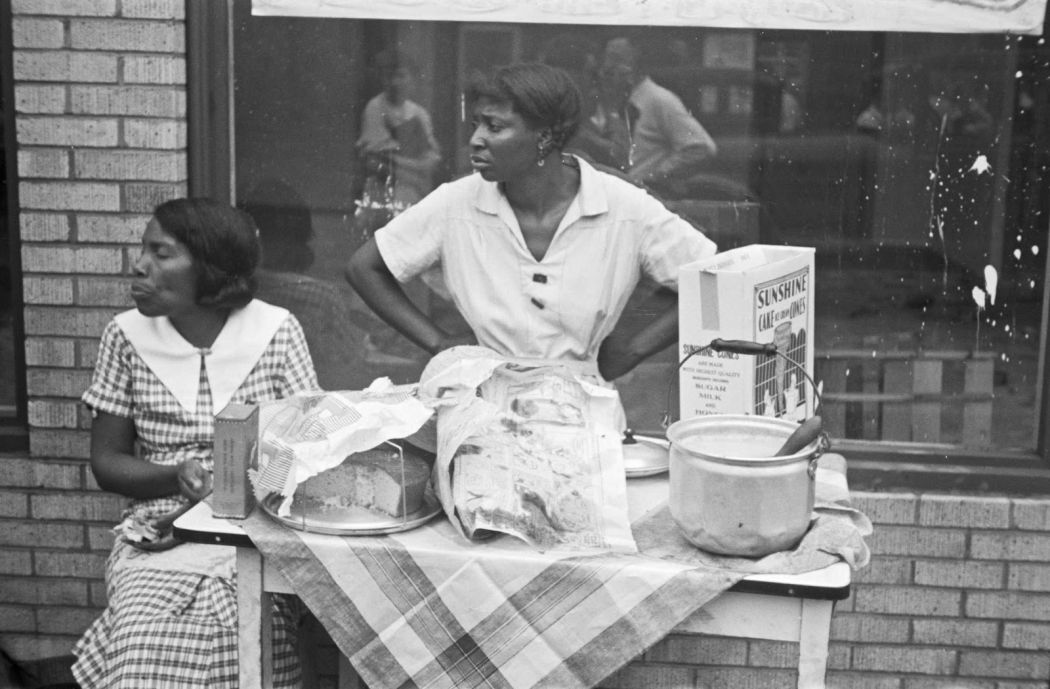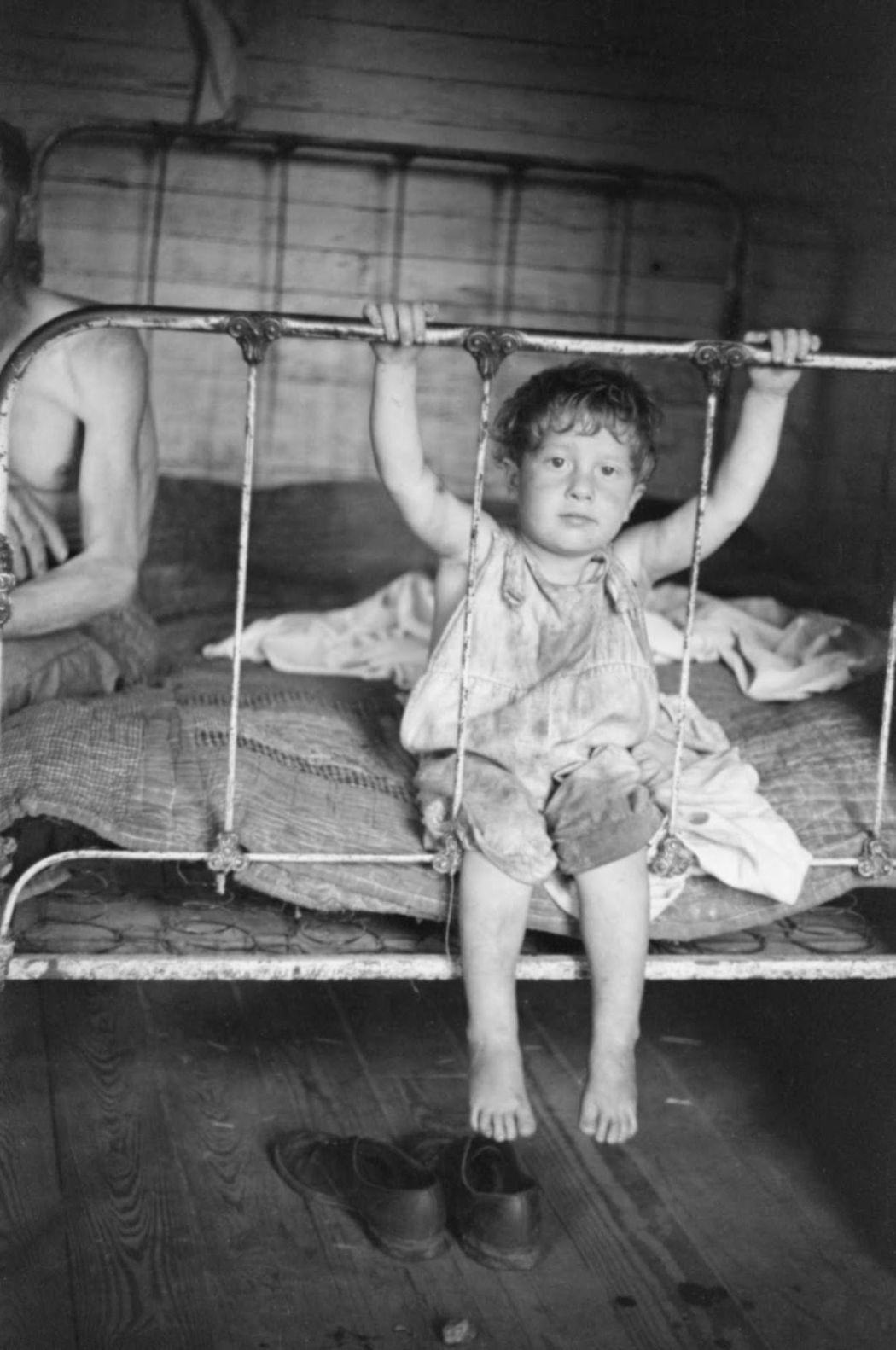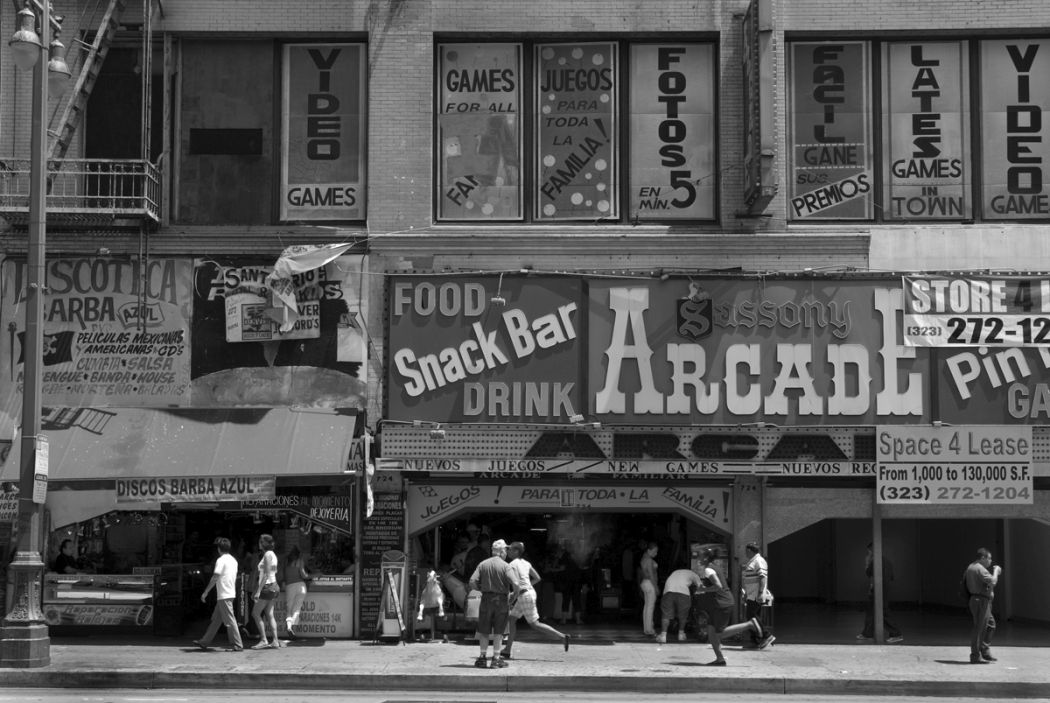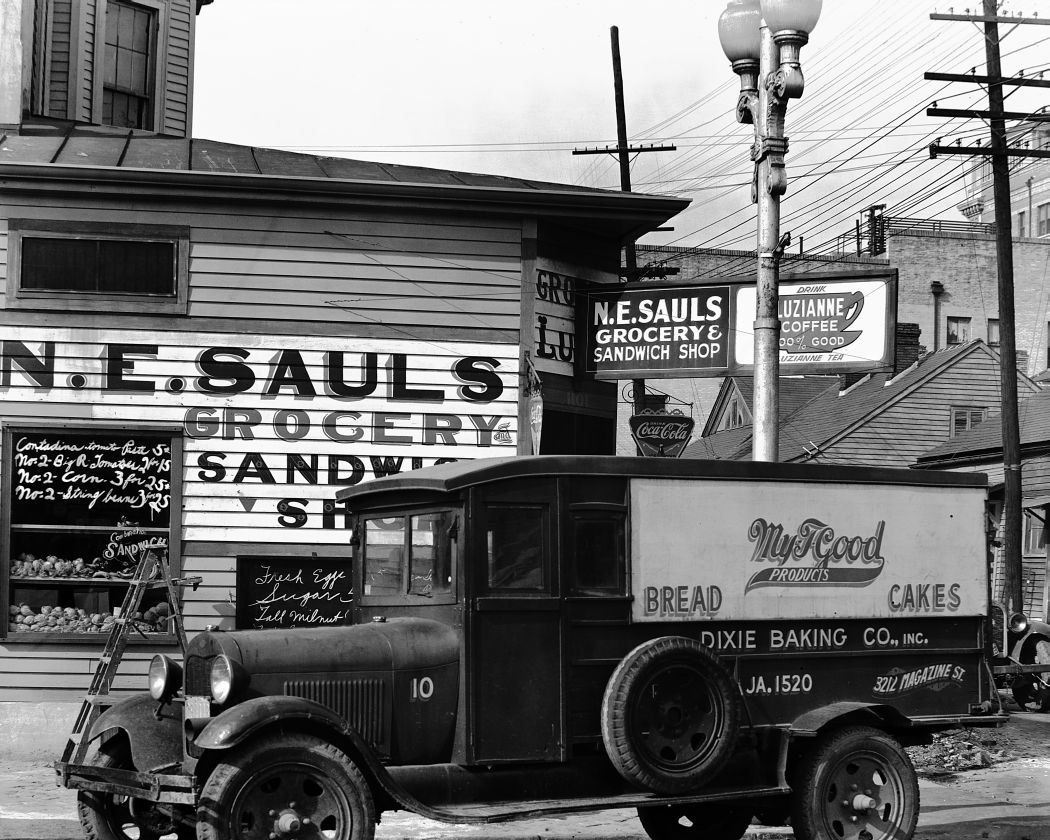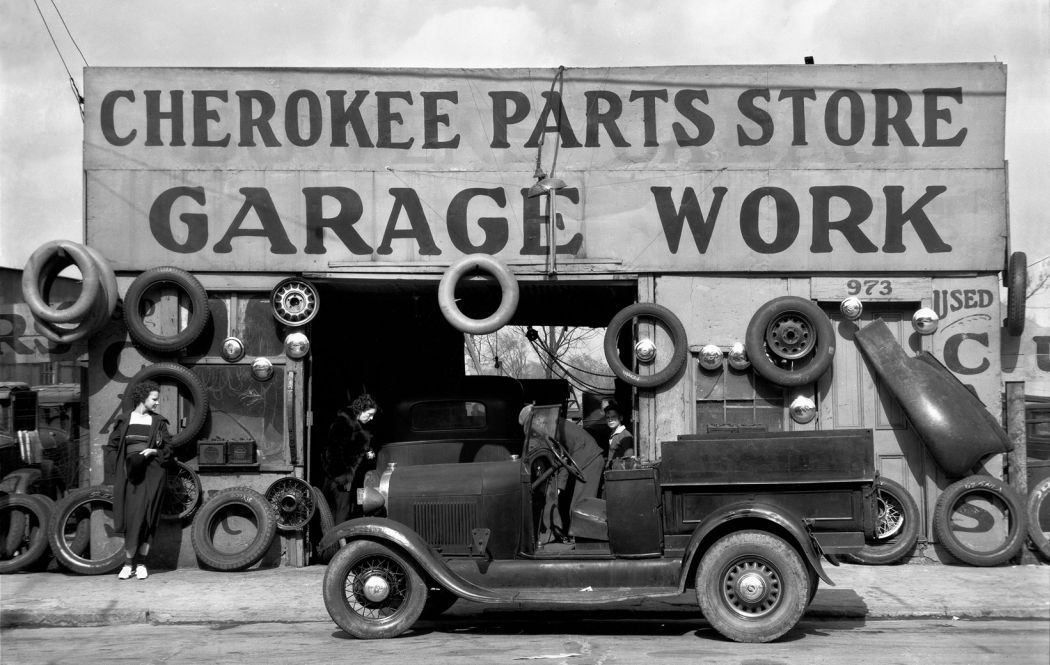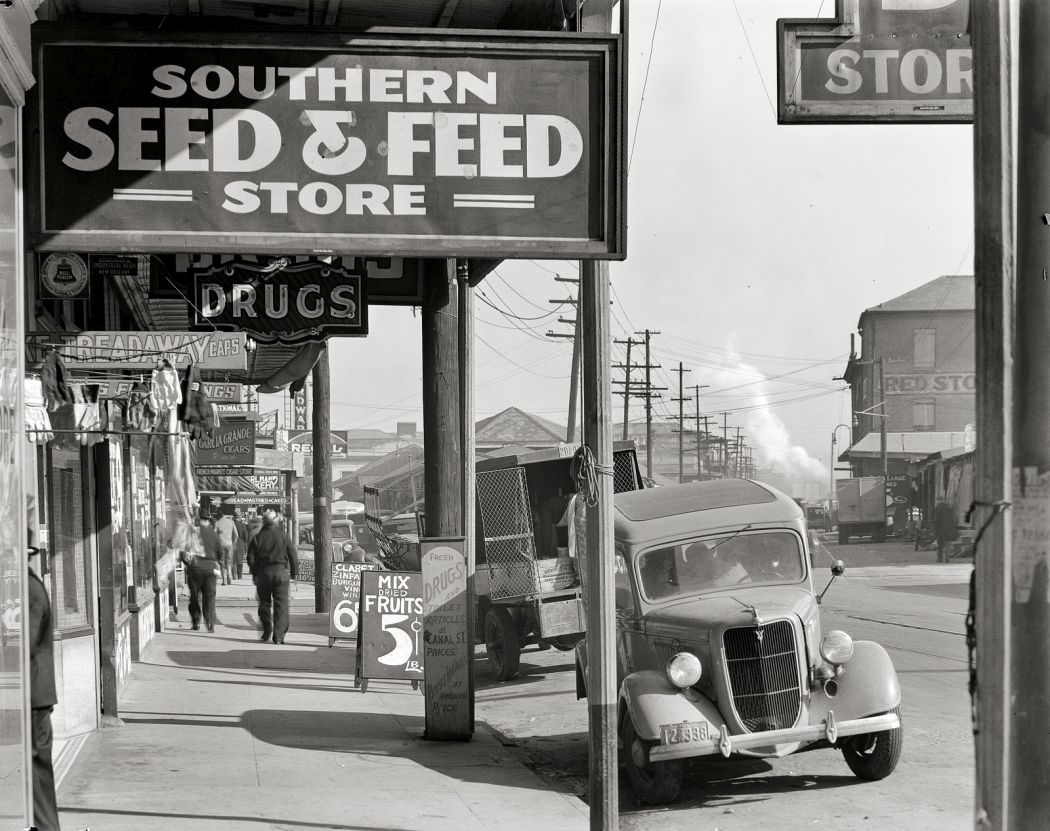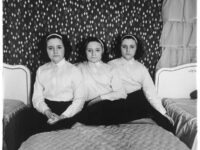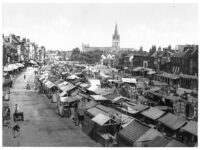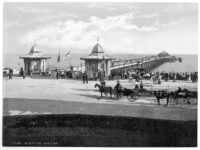Walker Evans (1903 – 1975) was an American photographer best known for his work for the Farm Security Administration (FSA) documenting the effects of the Great Depression.
Much of Evans’s work from the FSA period uses the large-format, 8×10-inch camera. He said that his goal as a photographer was to make pictures that are “literate, authoritative, transcendent”. Many of his works are in the permanent collections of museums and have been the subject of retrospectives at such institutions as The Metropolitan Museum of Art or George Eastman House. His principal subject was the vernacular—the indigenous expressions of a people found in roadside stands, cheap cafes, advertisements, simple bedrooms, and small-town main streets.
For fifty years, from the late 1920s to the early 1970s, Evans recorded the American scene with the nuance of a poet and the precision of a surgeon, creating an encyclopedic visual catalogue of modern America in the making.

